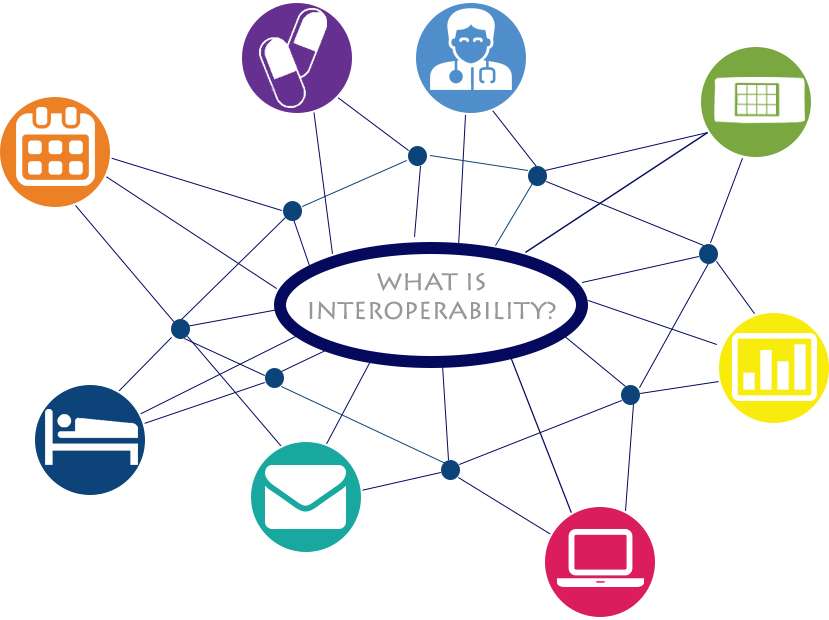In the dynamic landscape of global trade and commerce, supply chains are intricate networks that demand transparency, traceability, and efficiency. Blockchain technology has emerged as a revolutionary force, promising to reshape traditional supply chain models. In this article, we explore the pivotal role of blockchain in driving a supply chain revolution and transforming the way businesses manage their processes.

- The Current Challenges in Supply Chains:
Traditional supply chains often face challenges such as inefficiencies, lack of transparency, counterfeiting, and delays. These issues not only impact operational costs but also hinder trust between stakeholders. Blockchain technology addresses these challenges by providing a decentralized, secure, and transparent platform for recording and validating transactions.
- Decentralization and Transparency:
Blockchain operates on a decentralized ledger, meaning that all participants in the supply chain have access to the same set of data. This transparency enhances visibility into every stage of the supply chain, from raw material sourcing to the delivery of the final product. Each transaction is time-stamped and linked to the previous one, creating an immutable record that is resistant to tampering.

- End-to-End Traceability:
Blockchain enables end-to-end traceability, allowing businesses to track the journey of a product through every stage of the supply chain. This is particularly crucial in industries such as food and pharmaceuticals, where the ability to trace the origin of products ensures quality control and compliance with regulations. Consumers also benefit from increased confidence in the authenticity and safety of the products they purchase.

- Smart Contracts for Automation:
Smart contracts, self-executing contracts with the terms of the agreement directly written into code, play a pivotal role in automating and streamlining supply chain processes. These contracts can trigger actions automatically when predefined conditions are met, such as releasing payment upon successful delivery or updating inventory levels. This reduces the need for intermediaries and minimizes the risk of errors or disputes.

- Reducing Counterfeiting:
Counterfeit products pose a significant threat to industries, affecting brand reputation and consumer safety. Blockchain’s ability to create a transparent and unalterable record of a product’s journey helps combat counterfeiting. By enabling consumers to verify the authenticity of products through blockchain, businesses can build trust and safeguard their brand integrity.
- Efficiency and Cost Reduction:
The decentralized nature of blockchain eliminates the need for intermediaries, reducing administrative costs and delays in the supply chain. Real-time access to data, streamlined processes, and automated transactions contribute to improved efficiency. This, in turn, leads to cost savings for businesses involved in the supply chain.
- Global Collaboration and Interoperability:
Blockchain facilitates seamless collaboration among supply chain participants, regardless of geographical locations or organizational boundaries. The technology ensures that data is standardized and accessible to all relevant parties. Interoperability between different systems and stakeholders fosters a more connected and efficient global supply chain ecosystem.

- Environmental and Social Impact:
Blockchain’s transparency can also be leveraged to promote sustainability and ethical practices in the supply chain. By providing visibility into the origin and production processes of goods, consumers can make informed choices, and businesses can demonstrate their commitment to social and environmental responsibility.
Conclusion:
The adoption of blockchain in the supply chain represents a paradigm shift in the way businesses manage their operations. Beyond enhancing transparency and efficiency, blockchain has the potential to revolutionize entire industries, offering a more secure, collaborative, and sustainable approach to global supply chain management. As businesses embrace this transformative technology, the supply chain revolution powered by blockchain is set to redefine the future of commerce.


